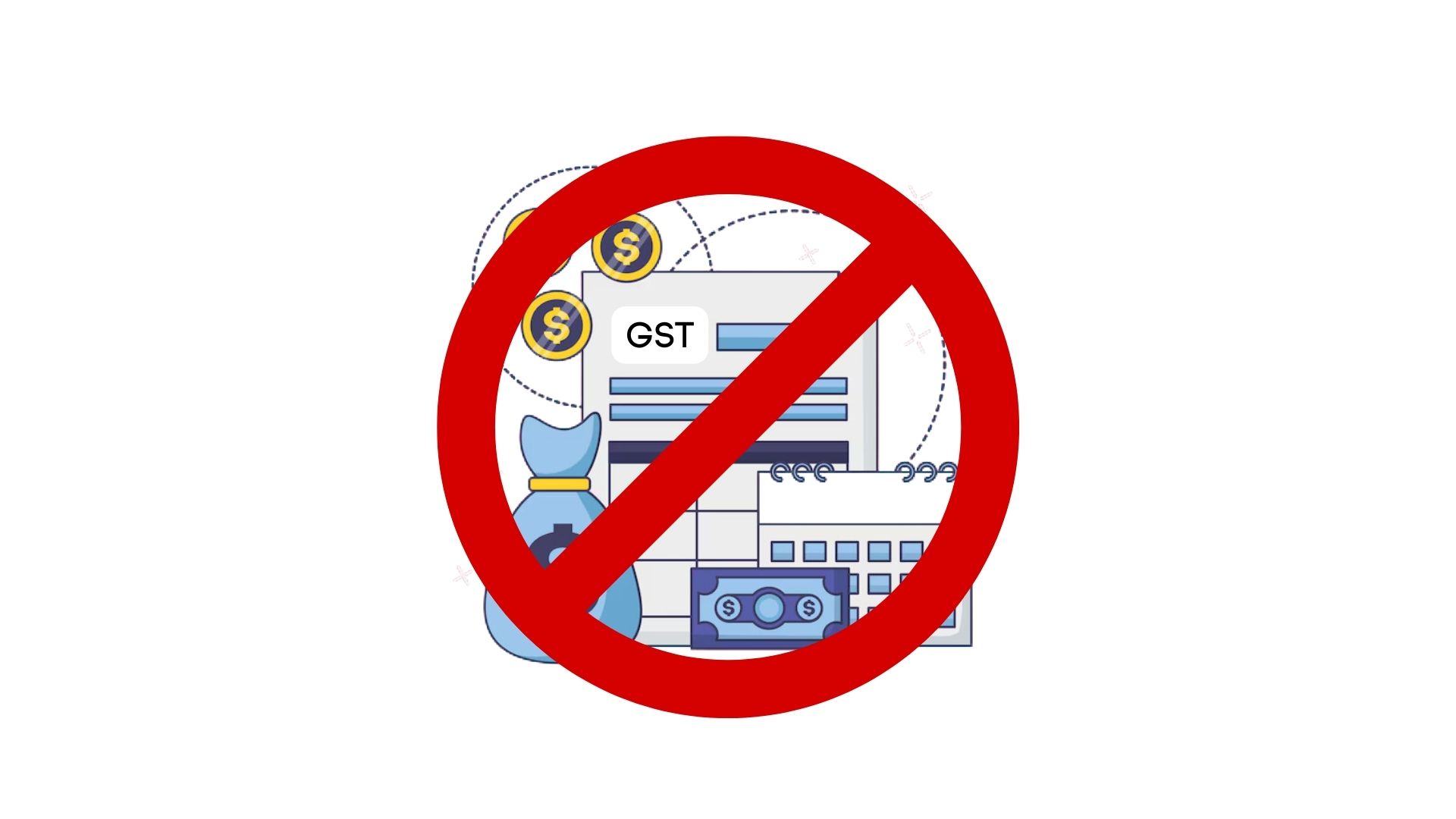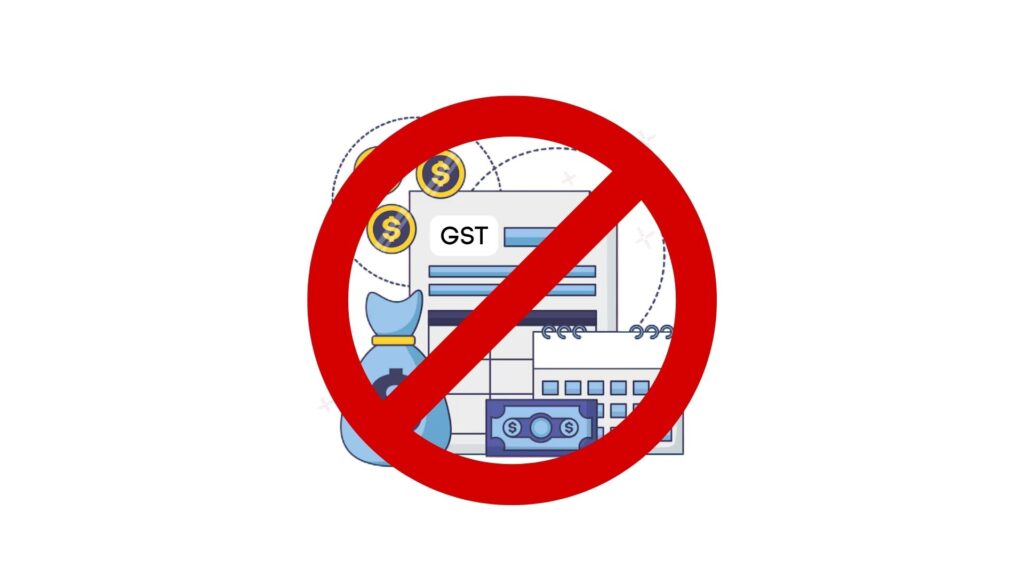
01 May Insights from Legal Precedents on GST Registration Cancellations – A Detailed Analysis

Introduction
In the realm of GST compliance, physical verification plays a crucial role, often serving as a determining factor for the fate of a business’s registration status. The repercussions of adverse physical verification reports have been a subject of contention, leading to several landmark legal battles across various High Courts in India.
Understanding Rule 25
Rule 25 of the CGST Rules allows for the physical verification of a business’s premises under specific circumstances, particularly when Aadhaar authentication fails or is not opted for during registration. This provision empowers tax authorities to conduct physical inspections both before and after registration to ensure compliance with GST regulations.
Insights from Legal Precedents
Several noteworthy cases have shed light on the intricacies surrounding the cancellation of GST registrations based on adverse physical verification reports.
- Bimal Kothari - Delhi High Court
Introduction:
In the case of Bimal Kothari vs. Assistant Commissioner (DSGST) & Ors., the Hon’ble High Court of Delhi delivered a significant judgment on November 1, 2022. The court addressed the cancellation of the petitioner’s GST registration based on physical verification conducted without adhering to procedural requirements under Rule 25.
Facts of the Case:
The petitioner, Bimal Kothari, challenged the order dated December 17, 2018, which canceled his GST registration. He was served with a show cause notice on December 4, 2018, mandating his appearance before the authorities on December 12, 2018. The registration was revoked on the basis that the petitioner was allegedly not found at the address available with the respondents.
Issue:
The primary issue revolved around the cancellation of the petitioner’s GST registration without proper adherence to Rule 25, particularly regarding the absence of notice and non-uploading of the verification report on the common portal.
Held:
After meticulous consideration of submissions, facts, and applicable law, the court found several procedural lapses in the cancellation process. Notably, the court highlighted the absence of a notice to the petitioner under Rule 25 for his presence during the physical verification. Additionally, the verification report, as required under the rule, was not uploaded on the common portal within the stipulated time frame. The court emphasized the significance of procedural fairness and adherence to statutory requirements. Ultimately, the court ruled in favor of the petitioner, setting aside the order canceling his GST registration. The petitioner’s registration was restored, and the respondents were directed to provide eight weeks’ time for the petitioner to upload returns for the period during which the registration was canceled.
- Balaji Enterprises - Delhi High Court
Introduction:
In a recent legal development, the Hon’ble High Court addressed a case where the registration of a petitioner was canceled by the respondents. The court’s decision sheds light on the procedural and substantive aspects surrounding the cancellation of GST registration.
Facts of the Case:
The petitioner approached the Hon’ble High Court challenging an order issued by the respondents on May 4, 2022, which canceled the petitioner’s GST registration. The order was based on an enquiry initiated by the DGGI, Chennai, regarding the alleged supply of spurious goods by the petitioner. The cancellation was executed without issuing a notice under Rule 25 and without uploading the physical verification report on the portal.
Issue:
The primary issue at hand was the validity of the cancellation of the petitioner’s GST registration by the respondents. Specifically, the court examined whether the cancellation was justified in light of procedural irregularities and the absence of substantive grounds such as fraud, wilful misstatement, or suppression of facts.
Held:
After careful consideration of submissions and relevant facts, the Hon’ble Court found several deficiencies in the cancellation process. The court observed that the show cause notice (SCN) lacked specific allegations related to fraud or wilful misstatement by the petitioner. Moreover, the impugned order failed to establish any tax liability on the petitioner’s part. It was noted that the cancellation was executed without adhering to Rule 25, which mandates the issuance of a notice and uploading of the physical verification report on the portal. The court concluded that there was a clear violation of procedural norms and that the impugned order exceeded the scope of the SCN. Consequently, the court allowed the writ petition and directed the respondents to restore the petitioner’s GST registration.
- F.R. Trade Links - Kerala High Court
Introduction:
In recent legal proceedings, a registered person, referred to as the petitioner, has challenged the cancellation of their certificate of registration under the CGST/SGST Act, along with the rejection of their application for revocation of the cancellation of the registration certificate. The case highlights the importance of proper enquiry by GST authorities before making decisions regarding registration cancellation.
Facts of the Case:
The petitioner filed a petition challenging the orders canceling their certificate of registration under the CGST/SGST Act and rejecting their application for revocation of the cancellation of the registration certificate. The cancellation was based on a notice issued in FORM GST REG-17, which relied on a report from an intelligence officer. However, the State Tax Officer did not conduct an independent enquiry as required by Rule 25. The petitioner had presented a receipt of building tax from the local authority to substantiate their claim, indicating that the business place was authentic. Despite this evidence, the registering authority canceled the registration, citing reasons not contemplated under Section 29(2) of the CGST/SGST Act.
Issue:
The primary issue in this case revolves around whether the cancellation of the petitioner’s GST registration was justified in the absence of a proper enquiry by the GST authorities. Additionally, the rejection of the application for revocation of the cancellation of registration certificate without adequate investigation is under scrutiny.
Held:
Upon careful examination, the court found that the proper officer failed to conduct a thorough enquiry as mandated by Rule 25. The cancellation of registration was based solely on a report from an intelligence officer, without independent assessment by the registering authority. Despite the petitioner providing evidence in the form of a building tax receipt, indicating the authenticity of their business premises, the registration was canceled on improper grounds. Additionally, the rejection of the application for revocation of the cancellation of registration without proper enquiry was deemed unjustified. Consequently, the court directed the respondents to restore the registration of the petitioner, emphasizing the necessity of proper enquiry by GST authorities before taking such decisions.
- KPM Enterprises - Delhi High Court
Introduction
The case at hand delves into a critical aspect of procedural compliance under the GST Act. It highlights the implications of conducting an inspection without adhering to Rule 25 and the repercussions of failing to provide prior intimation to the concerned party. This article explores the intricacies of the case and its implications on GST registration cancellations.
Facts of the Case
The petitioner, registered under the GST Act, operates a betel nuts business. An order from a supplier in Karnataka led to the delivery of 350 bags of areca nuts. However, without stating explicit reasons, the goods were seized by the Assistant Commissioner-II, Circle-F Jaipur. Subsequently, an alleged inspection was conducted on the petitioner’s premises in Delhi, resulting in the suspension and eventual cancellation of their GST registration. Notably, the petitioner was not given an opportunity to be present during the inspection, and no photographs were taken as required under Rule 25.
Issue
The central issue revolves around the validity of cancelling the petitioner’s GST registration in the absence of adherence to procedural requirements, including the failure to provide prior intimation and the absence of photographic evidence during the inspection.
Held
Upon thorough consideration, the Hon’ble Court found that the impugned show cause notice could not be sustained as it was based on an inspection that contravened CGST rules. Additionally, the absence of photographic evidence further undermined the validity of the inspection. Consequently, the Court set aside the impugned order and show cause notice, allowing the respondent to conduct further inquiries in accordance with the law. However, the Court clarified that its decision did not express an opinion on the operational status of the petitioner’s business at the time of inspection.
- Micro Focus Software Solution India Pvt. Ltd. - Delhi High Court
Introduction
In a recent judgment, the Hon’ble High Court of Delhi addressed the validity of cancelling a company’s registration under the GST Act without due consideration. The case sheds light on procedural irregularities and the importance of adhering to principles of natural justice.
Facts of the Case
Micro Focus Software Solutions India Private Limited challenged the cancellation of its GST registration through a writ petition. The company received a show cause notice alleging non-functionality at its registered address and was given seven days to respond. Upon filing a reply and seeking an extension, the company’s registration was still cancelled without due consideration of its submissions.
Issue
The central issue revolves around the legality of cancelling the petitioner’s GST registration without considering their response to the show cause notice and conducting a physical inspection without prior notice, as per Rule 25 of the CGST rules.
Held
After thorough deliberation, the Hon’ble Court found that the cancellation of the petitioner’s registration lacked procedural fairness. The court observed several discrepancies, including the failure to acknowledge the petitioner’s reply to the show cause notice and the absence of a notice for the physical inspection conducted. Consequently, the impugned orders cancelling the registration and dismissing the revocation application were set aside. The court directed the respondents to revive the petitioner’s registration and allowed the company to apply for deregistration once its purpose for registration is fulfilled.


No Comments